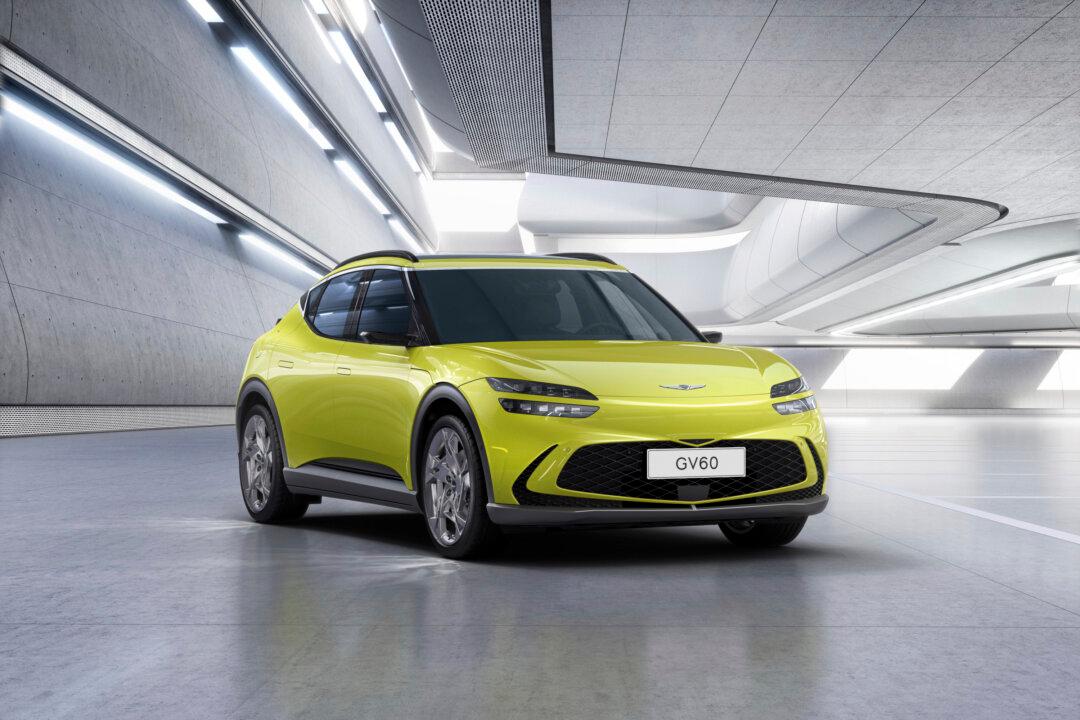South Korean automaker Hyundai Motor publicly broke ground at an opening ceremony for a $5.54 billion electric vehicle (EV) and battery plant in Georgia.
The new plant in Bryan County, which is 30 miles west of Savannah, is the biggest economic development project in Georgia’s history, after a series of new EV and battery project openings in the state.





